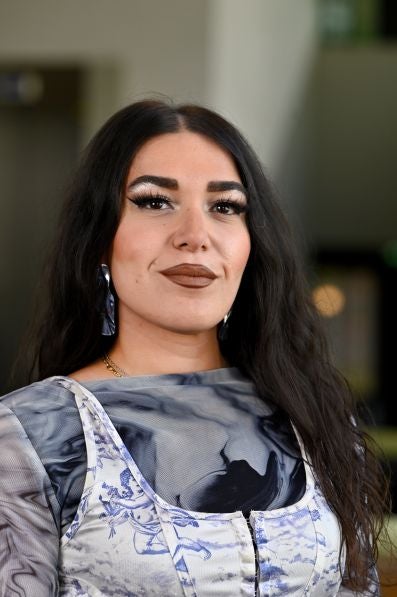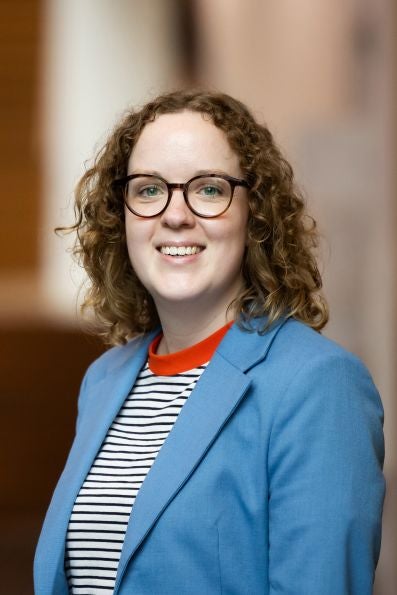Course description
Human processes of all kinds are complex and adaptive. Mental, social, and health-related processes can all change and adapt over time with human behaviour. Thought-based processes can change as a result of learning, social interactions can evolve over time, and health-related processes are susceptible to change too.
This course will present theories and findings from a wide range of disciplines, including various branches of cognitive, social, health and neuroscience, to gain insight into underlying mechanisms of human processes that can be exploited in human AI modeling and simulation. The various scientific theories form a factual basis for modelling the processes. We can understand these often adaptive mechanisms through causal relations and causal pathways, which we can model as networks. Using this theoretical framework and the software provided, students can easily simulate a variety of scenarios.
During the second week, students will carry out activities that could lay the foundations for a publication that can be finished later on in the course. This course introduces a network-oriented modelling approach based on adaptive networks. This approach is useful for modelling social interactions and mental and health-related processes within their respective networks.
These network models cover the dynamics of causal effects, changing causal connections and excitability or sensitivity thresholds. Higher-order adaptiveness is another topic covered in the course, which includes the role of metaplasticity and the extent to which plasticity occurs in the field of cognitive neuroscience.
Continue reading below for more information.

